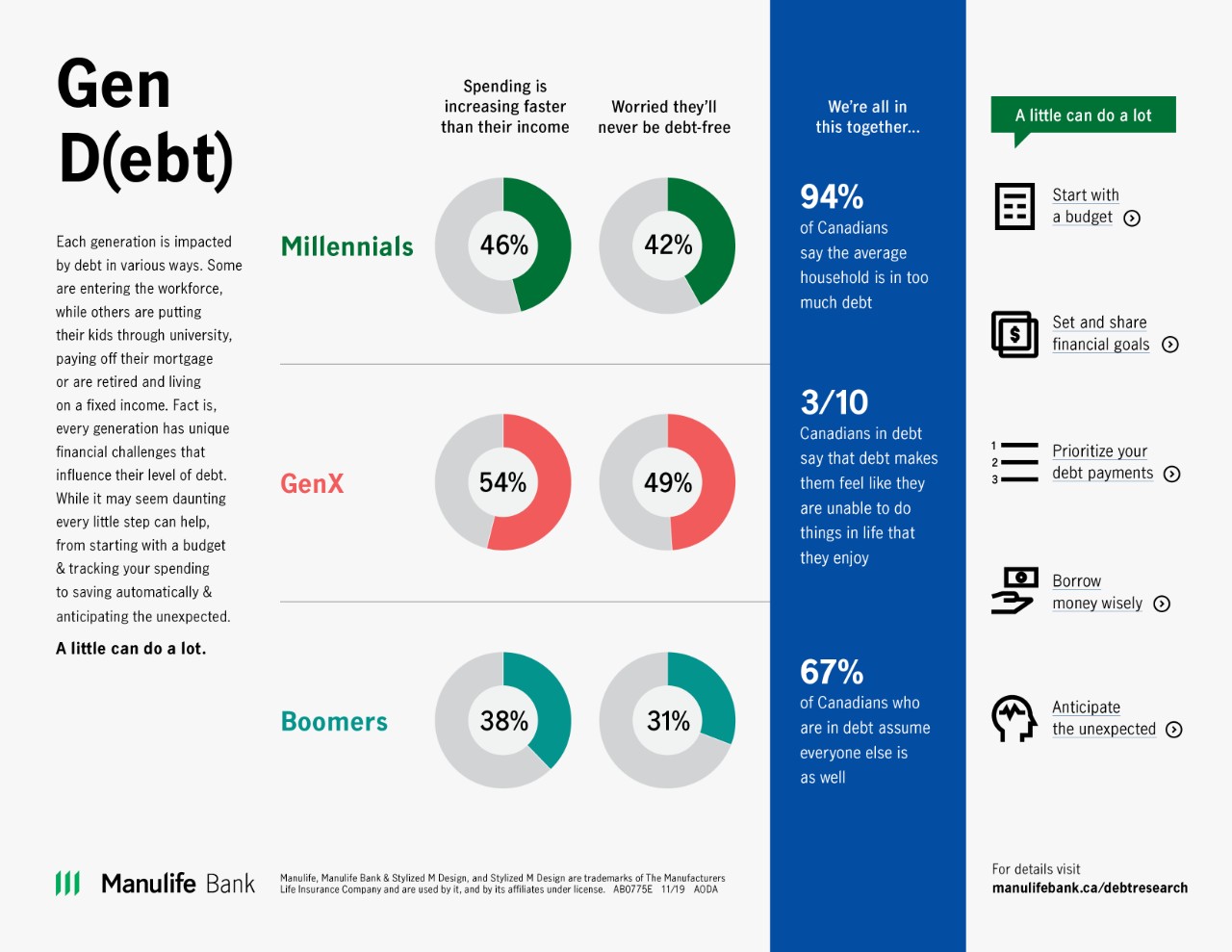When people hear the term “financial plan”, life insurance probably does not pop into their heads. No surprise there. It is certainly not the most exciting finance tool around, but arguably, it could be the one of the most important. It should be a cornerstone of most financial plans. Think about what would happen to your retirement plans if your spouse died. Would you continue to save money in your RRSP or would you withdraw money from it to pay the monthly bills?
How does life insurance work?
A life insurance policy is a contract between you and an insurance company. You agree to pay the insurance company a premium (monthly or annually) and they agree to pay a person of your choice (the beneficiary) an agreed upon amount of tax-free money. Essentially life insurance has 2 main purposes (although there are others):
-
- To pay off debts – like mortgages, credit cards, & loans
- To replace a salary – either yours, your spouse’s or both
You can cover both situations or one, depending on your personal circumstances. A young family, for example, should probably cover their debts and salary so the survivors continue to enjoy the same standard of living. An empty nester couple on the other hand, may not need to replace salaries because once the debts are paid for, a single salary will be enough.
The amount and type of life insurance needed is very much determined by individual circumstances and it is very important to understand what is needed. This video from Empire Life does a great job outlining the need for insurance: Why do I need life insurance?
When to think about life insurance
Whenever there is a major change in life, your life insurance needs should be considered. Here are some important milestones, but, there may be others:
-
-
- Getting married
- Buying a house or taking on a large debt
- Having kids
- Protecting your business
This video, also from Empire Life, talks about calculating how much insurance you may actually need. Don’t worry, its not complicated: How much life insurance do I need?
A note about mortgage insurance
Mortgage insurance offered by your bank, not to be confused with CMHC insurance, is just life insurance to cover the outstanding balance of our mortgage. If you buy it from your bank, the bank gets the money, not a beneficiary you name. Keep in mind that it does not cover other debts or replace a salary. In Ontario mortgage insurance is not mandatory so do not feel pressured to accept the bank’s offer when you sign a mortgage. Take your time and explore your options and find out what your insurance needs really are. This article from the Globe & Mail explains how the banks’ mortgage insurance works: Do you need mortgage insurance
If you do have mortgage insurance through a bank, it can be cancelled in most instances if you want to replace it with your own policy.
A final note
Even if you do not have a personal insurance policy, chances are you may have some insurance through your benefits plan at work. Take some time to find out what type of coverage you have. Some questions to ask are:
-
-
- Is it enough?
- Does it cover your family?
- What happens if you stop working for your current company?
If you have any questions, please feel free to reach out. I would love to talk to you, and I have resources that I can share.
Life insurance may be the most important financial tool that you may never have thought about since its main purpose is to make sure that your death is not financially catastrophic to your family.










